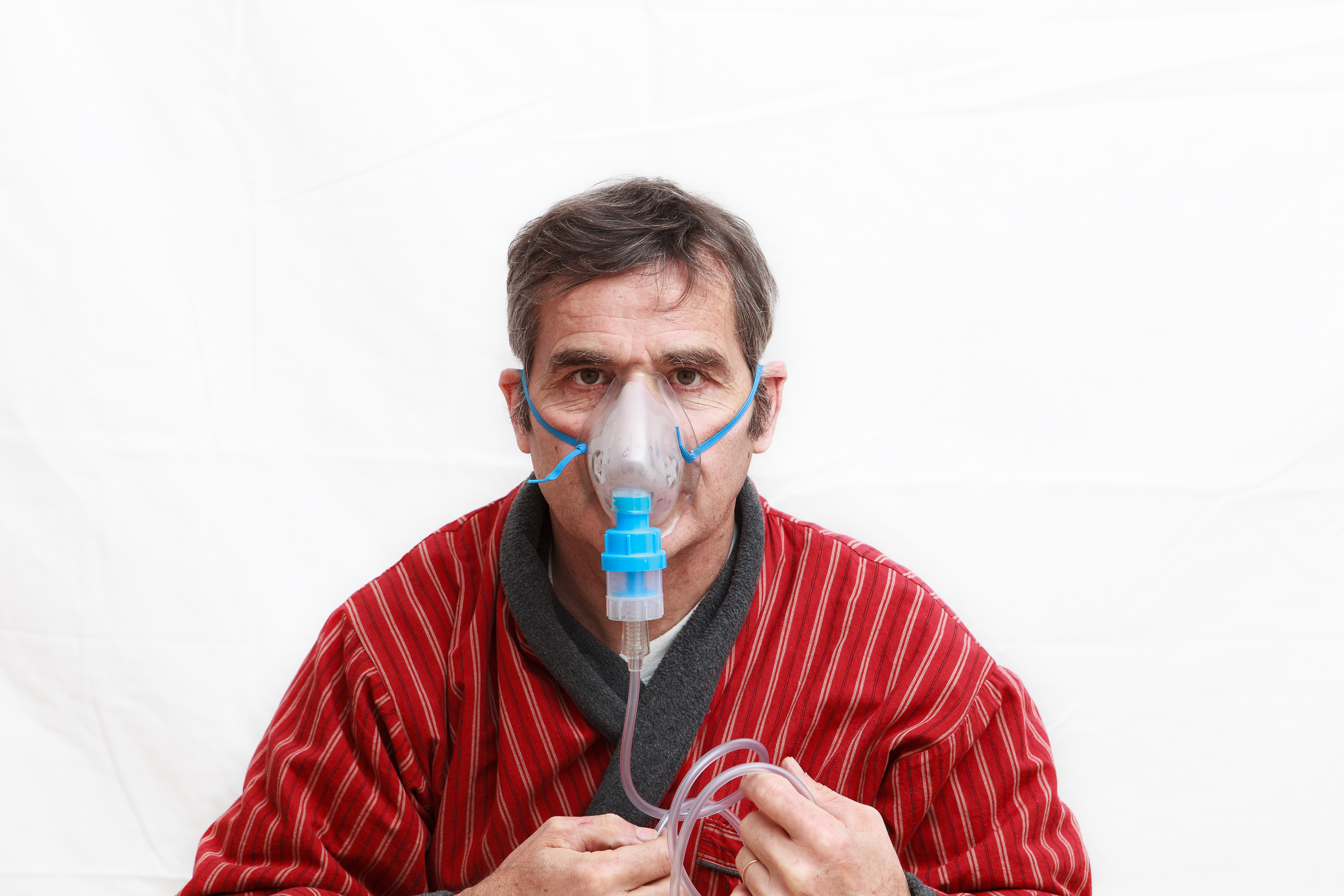Restarting IPF Treatment OFEV After Disease Exacerbation Might Be Safe, Case Study Suggests

Nintedanib (marketed as OFEV by Boehringer Ingelheim) has shown very good results in clinical trials in patients with idiopathic pulmonary fibrosis (IPF). Nevertheless, some patients still experience disease exacerbation when treated with the drug. A case study described the successful reinstallation of the drug after an exacerbation — raising hopes that disease worsening does not necessarily lead to treatment discontinuation.
The study, “Administration of nintedanib after discontinuation for acute exacerbation of idiopathic pulmonary fibrosis: a case report,“ describes a man who at 64 years of age was diagnosed with pulmonary fibrosis. Since the man did not respond sufficiently to pirfenidone (Esbriet), the team at the Kanagawa Cardiovascular and Respiratory Center, Yokohama, Japan, added nintedanib to the patient’s treatment. He had then been treated with pirfenidone for five years.
The patient received a lower dose of nintedanib for 28 days, as part of a clinical trial. One year later he started treatment with a higher dose, but after 65 days, he developed difficulties in breathing and was hospitalized with low oxygen levels.
Since the doctors found no evidence of infection, they concluded that he was suffering an exacerbation of his fibrotic disease and nintedanib was immediately stopped. After intensive care treatment, the man gradually improved, and the team decided to start nintedanib treatment again, 30 days after it was discontinued. The patient continued to use nintedanib safely until he died from a bacterial infection two years later.
The findings, published in the journal BMC Pulmonary Medicine, constitute the first report of a successful reinstallation of treatment with nintedanib after a disease exacerbation. Researchers still don’t know if the drug can trigger disease exacerbations in lung fibrosis patients, but as a safety measure, treatment should always be stopped if a patient experiences a worsened disease state.
The authors argued that this case report supports the idea that nintedanib does not cause exacerbations in itself. Although other studies have found evidence backing this view, it is too early to draw such conclusion. Nevertheless, nintedanib might have a place in the treatment also of patients with a history of disease exacerbations during treatment, but the authors caution that close monitoring in these cases is a must.







